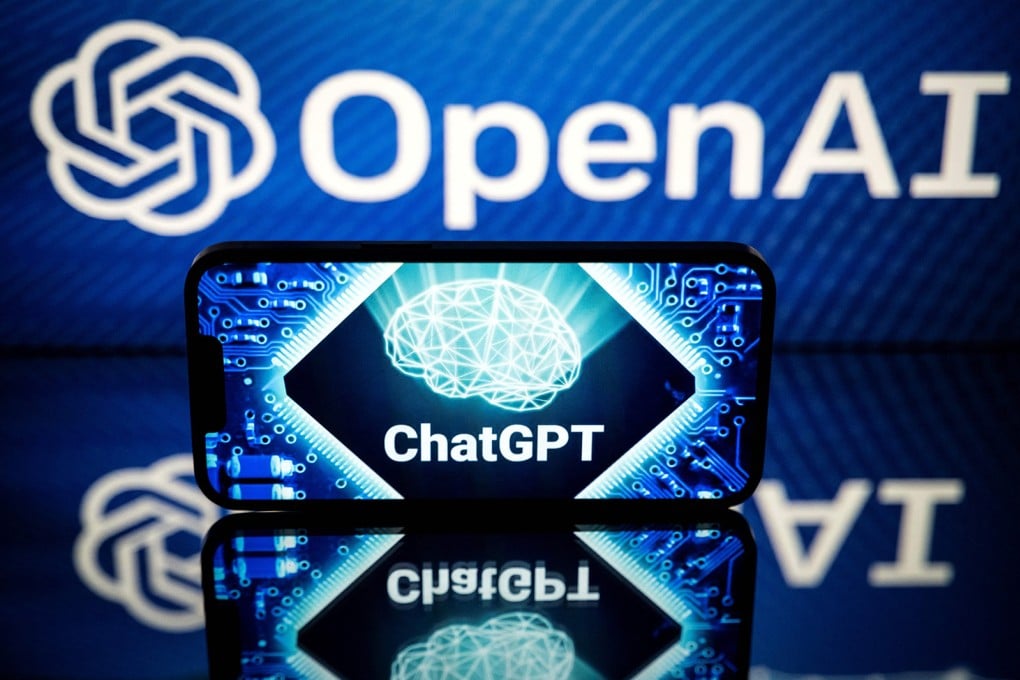Explainer | Why ChatGPT creator OpenAI plans transition to public benefit corporation
The new structure aims to potentially make OpenAI a more investor-friendly company, while maintaining a mission of funding a related charity

OpenAI’s new structure aims to potentially make a more investor-friendly company, while maintaining a mission of funding a related charity.

What is a PBC?
While both PBCs and traditional corporations are for-profit entities, PBCs are legally required to pursue one or more public benefits, including social and environmental goals.
The state of Delaware amended its general corporation law to allow the formation of PBCs in 2013. As of December 2023, there were 19 publicly traded PBCs, according to research by Jens Dammann of the University of Texas.
In its blog, OpenAI described the current structure as “a for-profit, controlled by the non-profit, with a capped profit share for investors and employees”.
Under the new organisation, the non-profit will own shares in the for-profit, similar to outside investors, and the for-profit will fund the charitable mission of the non-profit.